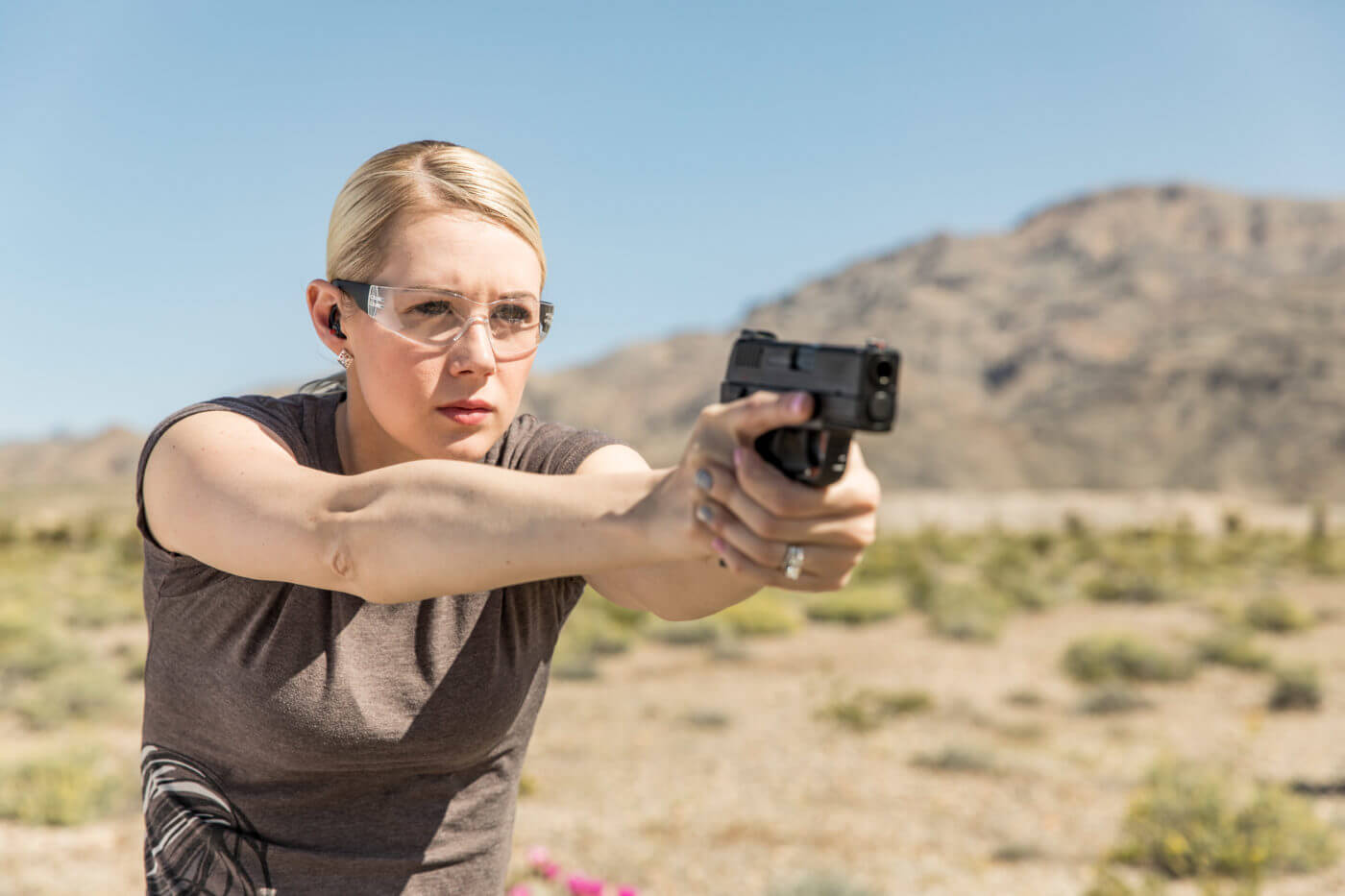Firearms, integral to various forms of shooting sports, self-defense, and hunting, are diverse in design and purpose. This variety makes choosing the right gun for your shooting style an essential, albeit daunting, task. Here we will discuss about the key factors to consider when selecting a firearm that aligns with your personal needs, preferences, and shooting style.

Understanding Firearm Types:
The first step in choosing a gun is understanding the different types available:
- Handguns: Ideal for self-defense and sport shooting, handguns like pistols and revolvers are portable and easier to conceal. They require more skill to shoot accurately due to their short barrel length. A notable example is the Canik Mete SFX, known for its balance between performance and ergonomics.
- Rifles: Used in hunting and precision shooting sports, rifles have a long barrel, enabling greater accuracy over long distances. Varieties include bolt-action, semi-automatic, and lever-action rifles.
- Shotguns: Versatile for hunting, sport shooting, and home defense, shotguns fire shells containing multiple small projectiles or a single slug. They vary in action types, including pump-action, semi-automatic, and break-action.
Determining Your Purpose:
Your intended use profoundly influences your choice:
- Sport Shooting: Competitive shooting demands precision and consistency. Target pistols and precision rifles, often customizable, are popular choices.
- Hunting: The game type dictates the firearm. For small game, .22 caliber rifles are common, whereas big game hunting requires larger calibers. Shotguns are preferred for bird hunting.
- Self-Defense: Handguns are the go-to for self-defense due to their portability. For home defense, many opt for shotguns or handguns for their stopping power and ease of use in close quarters.
Ergonomics and Fit:
A gun that feels right in your hand improves your shooting experience. Consider:
- Grip: The gun should sit comfortably in your hand, with easy access to the trigger.
- Weight: A heavier gun reduces recoil but can be tiring to hold for extended periods. Find a balance that suits your strength and endurance.
- Size: The firearm should match your body size. A gun too large or too small can be difficult to handle effectively.
Caliber and Recoil:
The caliber, or the diameter of the bullet, affects the gun’s recoil and stopping power. A higher caliber typically means more recoil. Beginners may start with lower calibers like .22LR for rifles and 9mm for handguns and gradually move to higher calibers as they get accustomed.
Accuracy and Range:
Consider the effective range of the firearm. Handguns are suitable for short-range targets, while rifles can handle long distances with higher accuracy. Your choice should reflect the typical distance at which you’ll be shooting.
Action Type:
The action type determines how a round is chambered, fired, and ejected. Options include:
- Bolt-Action: Known for reliability and accuracy, ideal for hunting and precision shooting.
- Semi-Automatic: Offers quicker follow-up shots, useful in competitive shooting and self-defense.
- Pump-Action: Common in shotguns, providing a reliable and straightforward mechanism.
Maintenance and Care:
Consider the ease of cleaning and maintaining the firearm. Some guns require more meticulous care than others. Regular maintenance is crucial for the longevity and performance of the firearm.
Budget and Additional Costs:
Your budget should account not only for the initial purchase but also for ongoing expenses like ammunition, accessories, and maintenance. Investing in a quality firearm often saves money in the long run due to its durability and reliability.
Legal Considerations:
Familiarize yourself with local laws and regulations regarding firearm ownership, including licensing, registration, and permitted types of firearms.
Training and Safety:
Regardless of your choice, proper training and a strong commitment to safety are paramount. Attend training courses, practice regularly, and always follow the four rules of gun safety.
Conclusion:
Selecting the perfect gun for your shooting style is a personal decision that depends on various factors including the intended use, ergonomic fit, caliber, accuracy, action type, and budget. Whether for sport, hunting, or self-defense, the right firearm should feel like an extension of yourself, instilling confidence and reliability. Remember, responsible gun ownership starts with education, respect for safety, and a commitment to continuous learning and practice.